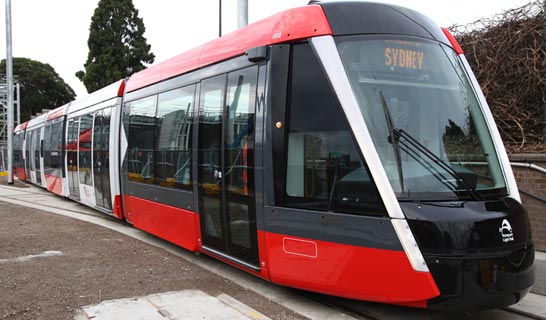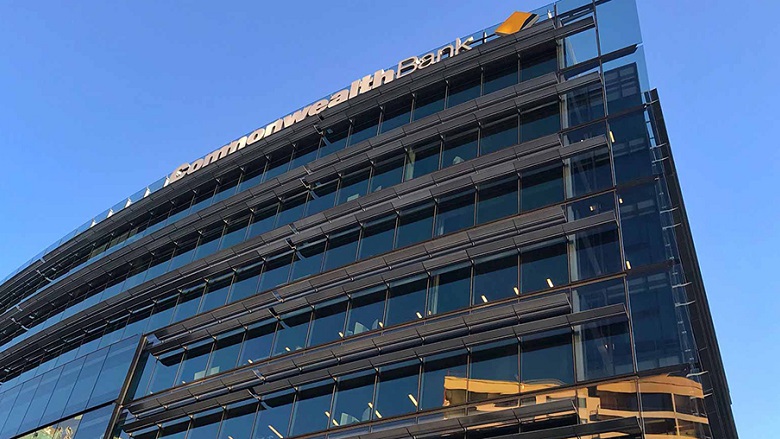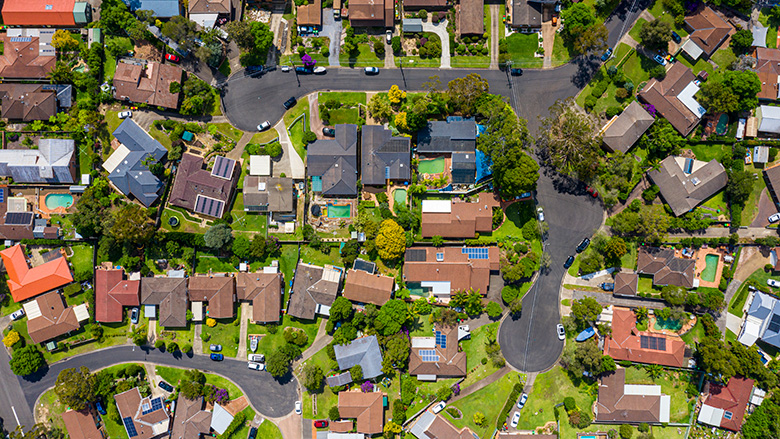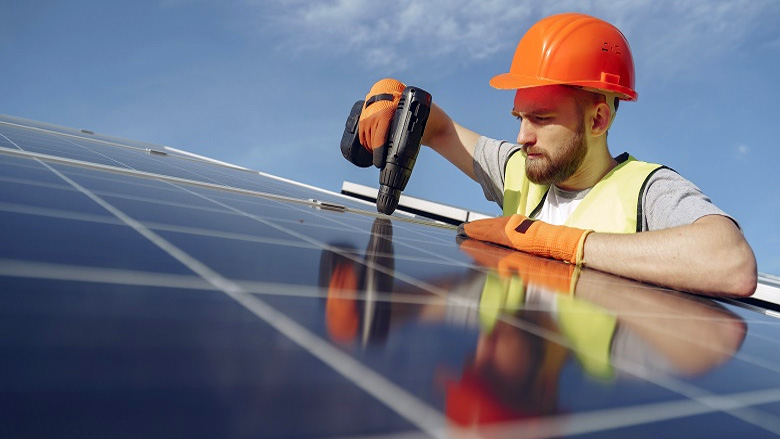Commonwealth Bank has played a leading role in arranging New South Wales’ first green loan for an operational ‘Public-Private Partnership’ (“PPP”), helping the Sydney Light Rail project refinance its almost $700 million debt facilities.
The project, which is estimated to reduce greenhouse gas emissions by 663,000 tonnes over a 30 year period, is being delivered by a Public-Private Partnership between Transport for New South Wales and the ALTRAC consortium.
The transaction marks an important milestone for NSW, as this is the first time that an operational NSW PPP has been issued with a green loan. Commonwealth Bank acted as green loan coordinator on the transaction and provided 50 per cent of the funding for the almost $700 million loan. CBA was also appointed to the role of ‘Mandated Lead Arranger, Underwriter and Bookrunner’ (“MLAUB”).




